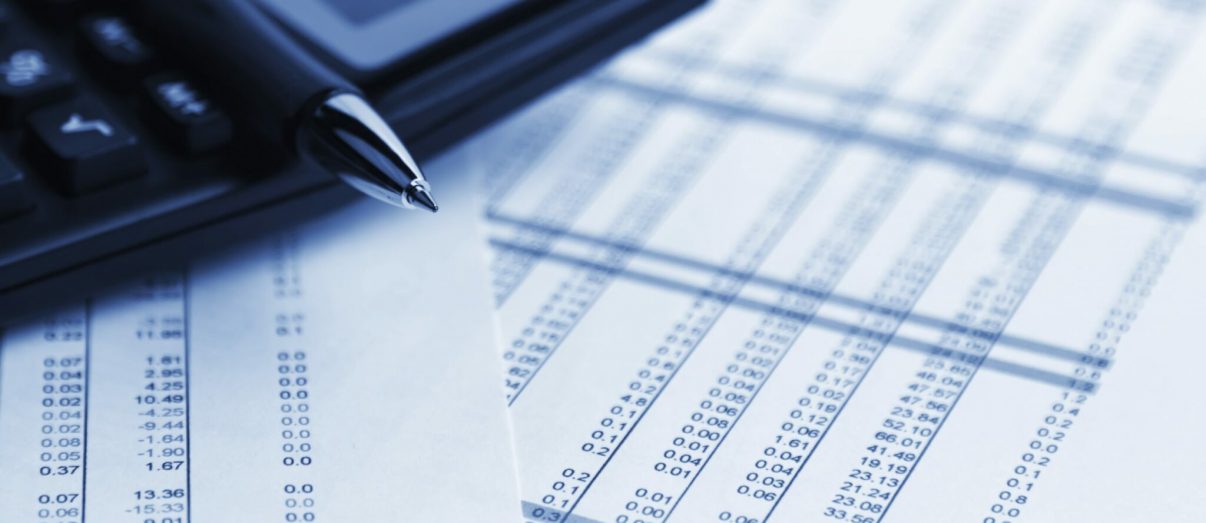To put yourself in the best tax position for your annual tax return, it’s best to keep track of your deductions throughout the year. Tax deductions for doctors are generally expenses which you incur that relate to your income, whether they’re from salary and wages, business or investment. The benefit of a tax deduction is equal to your marginal tax rate. Put simply, for every dollar you claim as a tax deduction, you’ll receive the percentage of tax you would otherwise have paid back through your tax return. Here are some common tax deductions for doctors for you to track during each income year:
1. Motor vehicle expenses
Generally, you can’t claim travel from home to work unless you are an itinerant worker, on-call (and have started working from home) or travelling to an alternative workplace. However travelling between work places (private practice to hospital for example) is deductible, as is travel to and from conferences/seminars, exams, courses, as well as visits to your tax agent.
There are two methods for claiming motor vehicle expenses:
- A ‘cents per kilometre’ rate (for up to 5,000 business kilometres per vehicle); and
- A log book percentage.
For the log book method, the taxpayer must keep a 12-week logbook which can serve as reference and can be applied for five years. The business use percentage is applied to all of your entire vehicle expenses with the business portion claimed as a deduction.
2. Travel related tax deductions for doctors
Travel for work, such as trips to and from conferences and seminars, is deductible. If you travel overseas or interstate for a conference, be sure to keep evidence (tax invoices, receipts) of expenses such as flights, transfers, accommodation and meals assuming they occurred during an overnight trip. If you are reimbursed through CME (Continuing Medical Education) or salary packaging, the cost is not deductible as you have either been reimbursed or already derived a tax benefit.
3. Laundry and dry cleaning
Occupation specific and protective clothing are common tax deductions for doctors and medical professionals. Everyday wear such as shirts, pants and skirts do not apply. However, the purchase of clothing items embroidered or printed with your hospital’s or practice’s logo is deductible if registered with AusIndustry and so is the cost of laundering them.
4. Self education
As a medical professional, you’ll most likely never stop learning and developing your skills throughout your career. Furthering your education to increase your income potential in your current role or maintaining the standard required in your specific field of expertise is deductible. Expenses you incur to complete this education such as stationery, phone, internet, home office costs, equipment and travel are deductible too.
However, anything related to a future job, for example preparing for a career change, will not be deductible as it is incurred at “a point too soon” – before any relevant income is earned.
5. Professional expenses and insurance
Registrations and professional memberships are deductible in the year the expense is incurred. The only personal insurance you can deduct in your name is income protection insurance, which pays you a taxable benefit in the event that you cannot work for a limited time due to illness or injury. Medical indemnity insurance costs as well as insurances for any investments will also be tax deductible.
6. Investments and tax
Using a loan to buy an investment means you have geared the purchase and the costs related to this loan such as interests and charges will be deductible. So too are the costs of maintaining your investment, the best example being an investment property for which you may need to pay rates, water, land tax and repairs to name a few.
Fees paid to your accountant for the completion of tax returns and fees related to tax advice are also deductible.
7. Donations
Donations over $2 made to Australian charities on the Deductible Gift Recipient list are also deductible.
For individuals, tax deductions need to be claimed in the financial year in which the expense has been incurred. In some cases, you might consider bringing forward or postponing the payment of an expense to a year when your income is higher to maximise the cash benefit. For example, you could pre-pay interests/insurance in one financial year for the next financial year.
You should always seek advice before claiming any deduction of which you are unsure. To make sure you get the most out of your tax deductions as a doctor, speak to a DPM Tax Consultant before lodging your next return and we can prepare and lodge your income tax return for you.
* The information contained in this site is general and is not intended to serve as advice. DPM Financial Services Group recommends you obtain advice concerning specific matters before making a decision.





